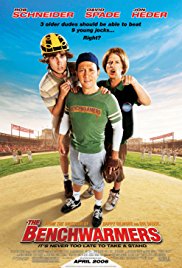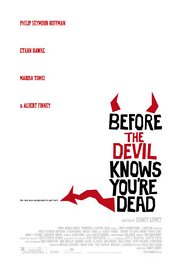 “Bottle Shock” does a lot of things right, but the most charming thing about it is how unassuming it is about the story it’s telling. They know they have good source material here, and they tell their story without being flashy or self-congratulatory. It has an underdog, but doesn’t spend the entire movie having a bully kick sand in the underdog’s face. Indeed, it is not until late in the movie that he even realizes that he’s an underdog.
“Bottle Shock” does a lot of things right, but the most charming thing about it is how unassuming it is about the story it’s telling. They know they have good source material here, and they tell their story without being flashy or self-congratulatory. It has an underdog, but doesn’t spend the entire movie having a bully kick sand in the underdog’s face. Indeed, it is not until late in the movie that he even realizes that he’s an underdog.
The year is 1976, and Bill Pullman is Jim Barrett, the mortgaged-to-his-eyeballs owner of the California vineyard Chateau Montelena. He and his son Bo (Chris Pine) are trying to make the perfect Chardonnay, but Bo would rather surf and screw around than work, while his buddy and co-worker Gustavo (Freddy Rodriguez) has plans of starting a vineyard of his own. At the same time, British expatriate and French wine snob Stephen Spurrier (Alan Rickman) is the owner of a failing wine “academy” in Paris, who hears from the American shop owner next door (Dennis Farina) that the Californians are about to give the French a run for their money. This gives Stephen an idea to draw attention to his business: invite the best palates in France to a blind taste test, pitting the French against the Americans. Stephen travels to Napa Valley to research the competition, and is shocked at how good the then-unknown California vintners are at their craft. Jim, however, suspects that Stephen is only looking to embarrass them.
I don’t know the whole story behind the Chateau Montelena and the Judgment of Paris, but I’m guessing there wasn’t a sexy intern (Rachael Taylor, who does a spotless American accent), a sexy bartender (Eliza Dushku) that helps Bo and Gustavo hustle patrons, a boxing ring on site at Chateau Montelena for Jim and Bo to settle their differences, or the fourth quarter Hail Mary that saves the day. That would be what our sports writer John Paulsen calls manufactured conflict, and this movie has truckloads of it. As manufactured conflict goes, though, this is more tolerable than, say, the bit in “Spider-Man 3” where Mary Jane Watson refuses to tell Peter Parker she’s been fired from her acting job, even though she has a million opportunities to do so. The movie also overdoes the panoramic shots of wine country. Yes, it’s beautiful out there. Now please get back to telling your story.
Fortunately, director Randall Miller and screenwriting partner Jody Savin make up for the overuse of conventional drama devices with some simple but smart dialogue, and Rickman’s performance as the ultimate fish out of water (the French don’t like him, either) is one of his finest. Pine is a bit too up and down as the wayward son – it will be very interesting to see how he does as Kirk in J.J. Abrams’ upcoming “Star Trek” movie – and Pullman is, well, Pullman. He’s fine, but he will never steal a movie from anyone. The other actors are role players and play their parts as they should. Miguel Sandoval, though, is wasted as Gustavo’s father.
You’d be a fool to compare “Bottle Shock” to “Sideways,” Alexander Payne’s hilariously bleak 2004 dramedy, though many doubtlessly will because they’re both set in wine country. “Sideways” is a character study, while “Bottle Shock” is a sports movie set in Napa. It doesn’t take a love of wine to enjoy this movie; just a love for seeing the hard-working nice guy finish first.
 (3.5 / 5)
(3.5 / 5)




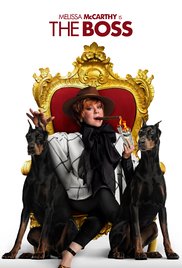
 (1.5 / 5)
(1.5 / 5)
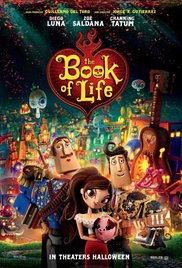
 (3 / 5)
(3 / 5)

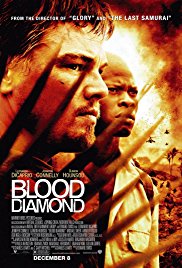
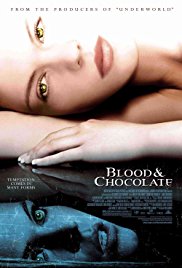
 (2 / 5)
(2 / 5)
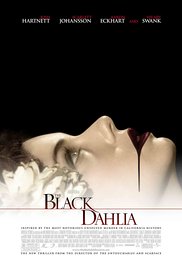
 (1 / 5)
(1 / 5)
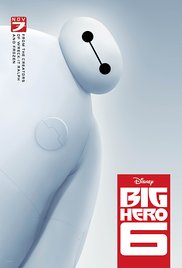
 (4 / 5)
(4 / 5)
